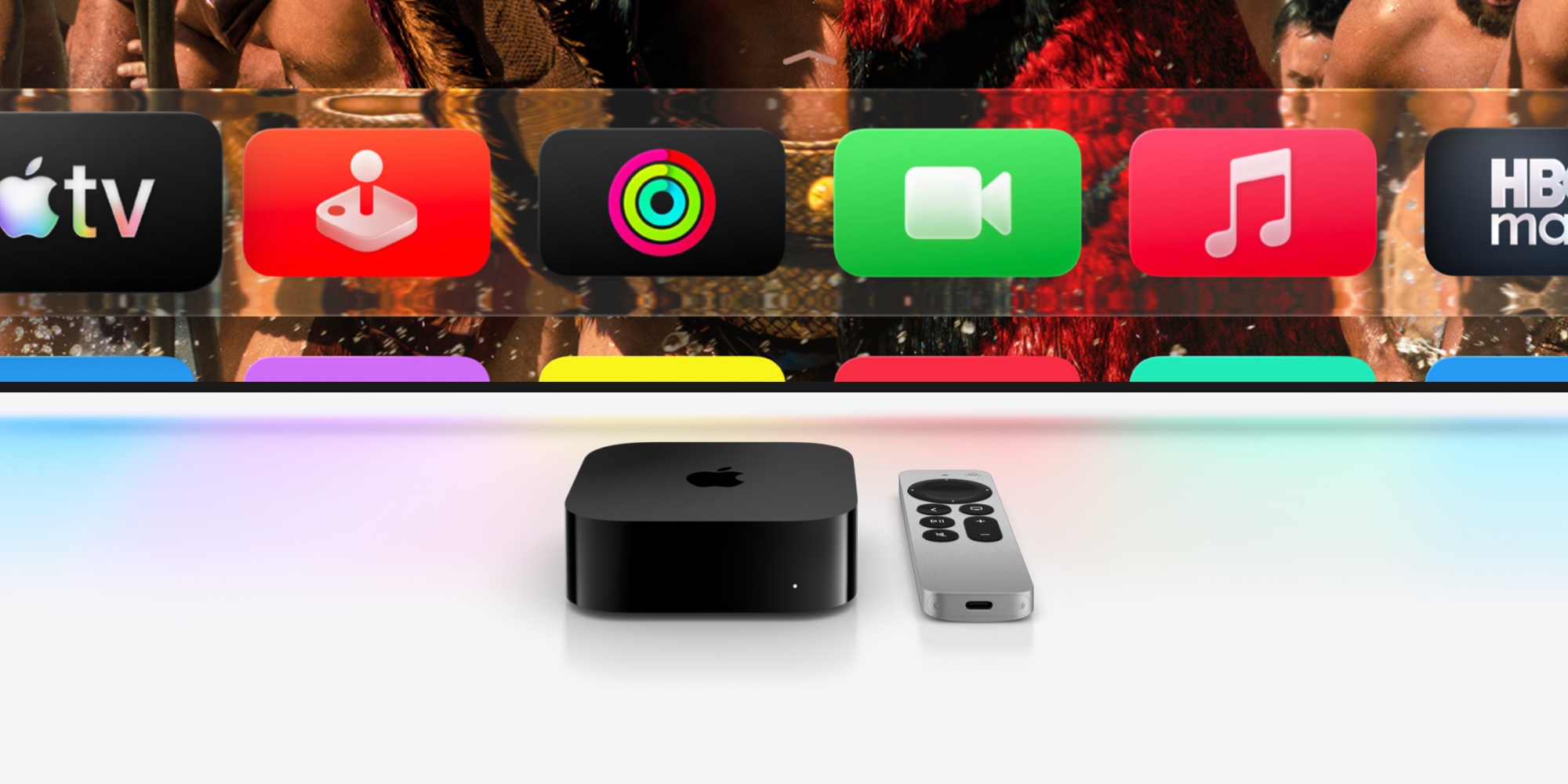With the rise of mobile devices and the ever-increasing demand for seamless user experiences, traditional web, and native mobile apps are often not enough to meet the expectations of modern consumers. However, a powerful solution can bridge the gap between the web and native apps, providing businesses with a competitive edge: progressive web apps (PWAs). So, business owners in the United States region and beyond can get many PWA benefits addressing their specific problems.
The Rise of Progressive Web Apps (PWA) and Their Impact on Businesses and Users
As the name suggests, progressive web apps are a progressive evolution of web technology, combining the best aspects of websites and native apps. They leverage modern web capabilities to deliver an app-like experience to users while maintaining the reach and accessibility of the web.
PWAs have gained significant attention in recent years due to their ability to overcome the limitations of traditional apps and websites, providing businesses with a powerful tool to engage users and drive conversions.
Understanding Progressive Web Apps (PWA)
Progressive web apps can be defined as web applications that utilize a set of technologies and design principles to deliver an enhanced user experience, regardless of the platform or device used. They leverage features such as service workers, app manifests, and responsive design to provide fast loading times, smooth navigation, and offline access.
Unlike traditional web apps, PWAs can be installed on a user's home screen, allowing instant access without the need to visit an app store. This installation process gives PWAs a native-like feel and enables users to interact with them familiarly and intuitively.
Advantages of Progressive Web Apps for Businesses and Users
From enhanced user experiences to increased reach and improved engagement, PWAs are revolutionizing how businesses connect with their audience and drive conversions. Let's explore these advantages in detail.
- Enhanced user experience: PWAs offer significant advantages in terms of user experience. By leveraging service workers, which run in the background, PWAs can cache content and provide offline functionality. This means that users can access essential features and content even in areas with poor internet connectivity. Additionally, PWAs load quickly and offer smooth navigation, eliminating the frustration of long loading times and sluggish performance.
- Increased reach and accessibility: One of the critical advantages of PWAs is their cross-platform compatibility. They can run on any device with a modern web browser, including desktops, smartphones, and tablets. This eliminates the need for businesses to develop separate apps for different platforms, saving time and resources. Furthermore, PWAs adapt to different screen sizes and orientations through responsive design, ensuring a consistent and optimized experience for all users.
- Improved engagement and conversion: PWAs provide businesses powerful tools to engage users and drive conversions. With the ability to send push notifications, businesses can deliver targeted messages and updates to users, keeping them informed and engaged. Research has shown that push notifications have higher open rates than emails, making them an effective way to communicate with users.
Additionally, PWAs can be installed on the home screen, increasing visibility and making it easier for users to access the app. This convenience translates into higher engagement and conversion rates.
Harnessing the Power of PWAs: Implementation and Best Practices
To harness the power of PWAs, businesses should follow modern web development practices and utilize the right tools and frameworks. Developing a PWA requires a strong foundation in web technologies such as HTML, CSS, and JavaScript. Additionally, frameworks like React, Angular, or Vue.js can streamline development and provide additional features and performance optimizations.
Optimizing performance, security, and discoverability are crucial for successful PWAs. Performance optimizations include minimizing resource sizes, leveraging caching mechanisms, and implementing lazy loading techniques. Ensuring the safety of the PWA is essential to protect user data and maintain user trust. Implementing HTTPS, utilizing secure authentication mechanisms, and regularly updating security measures are vital.
Several businesses have already embraced PWAs and reaped the benefits they offer. For example, Twitter Lite, a PWA version of the popular social media platform, reduced data usage by up to 70% and saw a 75% increase in tweets. Forbes, a renowned news publication, implemented a PWA, resulting in a 100% increase in engagement. These examples demonstrate PWAs' impact on businesses, showcasing their ability to enhance user experiences and drive positive outcomes.
Final thoughts
In conclusion, progressive web apps present a powerful solution for businesses seeking to provide exceptional user experiences and drive conversions. By combining the best aspects of web and native apps, PWAs offer enhanced performance, increased reach, improved engagement, and seamless user experiences across platforms and devices. With the proper implementation and adherence to best practices, businesses can leverage the power of PWAs to gain a competitive edge in the dynamic and ever-evolving digital landscape.















